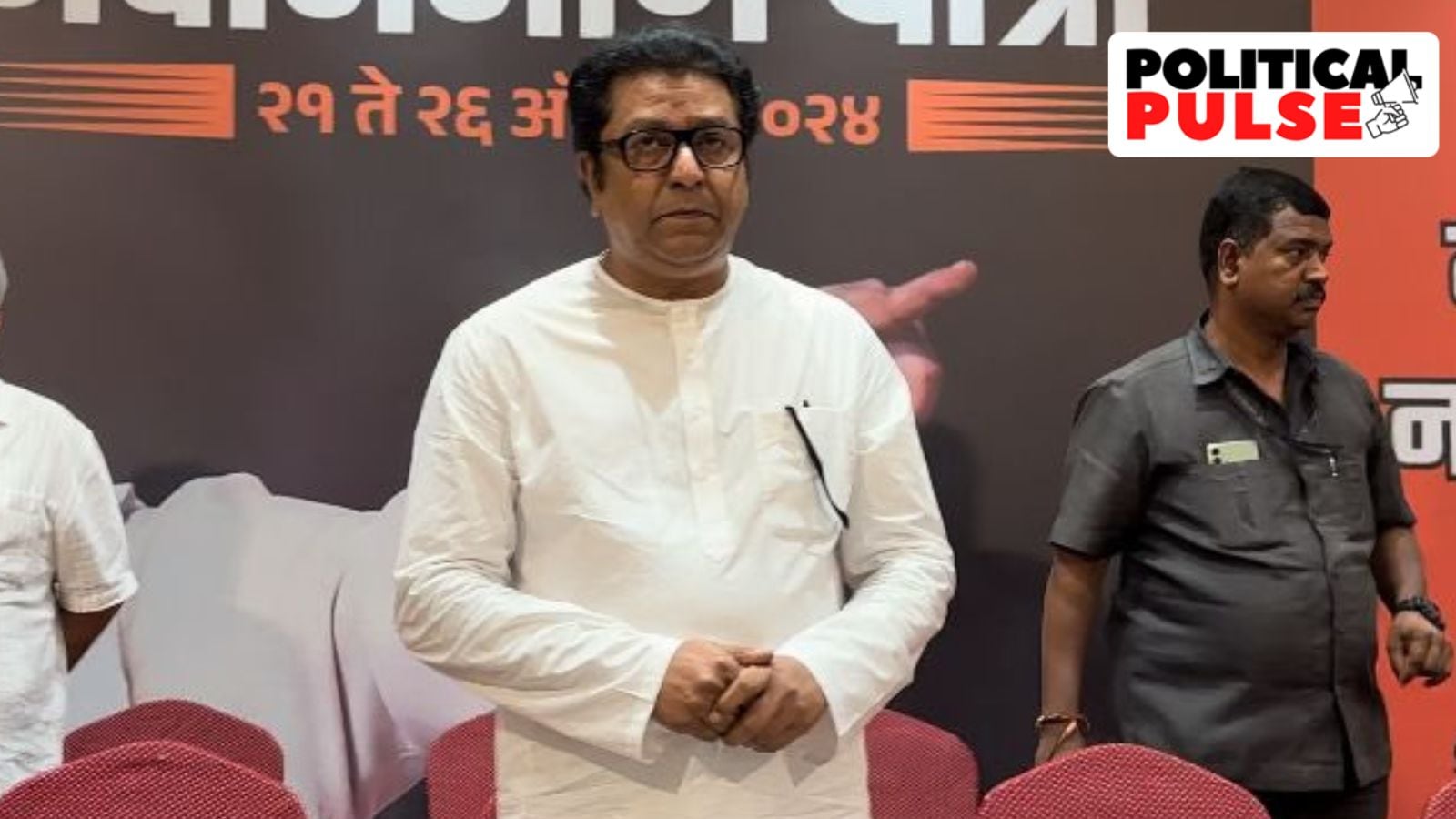 |
|
Raj Thackeray, the leader of the Maharashtra Navnirman Sena (MNS), finds himself at a crossroads in the upcoming Maharashtra Assembly elections. His political trajectory has been marked by strategic shifts and alliances, often reflecting the evolving dynamics of Maharashtra politics. This election, however, carries a personal weight as Thackeray aims to not only revive his party's fortunes but also launch his son Amit's political career. This dual objective adds urgency to his current alliance with the BJP, a stark contrast to his anti-BJP stance in the 2019 Lok Sabha elections.
Thackeray's political career began with a populist firebrand persona, advocating for Marathi pride and regional identity. This resonated with voters, propelling his party to secure 13 Assembly seats in the 2009 elections. However, his subsequent political maneuvers, including alliances with various parties, have been met with criticism for perceived inconsistency. As a result, the MNS's electoral clout has declined significantly, with its vote share plummeting from 5.75% in 2009 to 2.25% in 2019.
Thackeray's political utility lies in his regional advocacy and his perceived connection with voters, particularly Marathi speakers. This, coupled with his rivalry with his cousin, Uddhav Thackeray, who leads the Shiv Sena (UBT), adds another layer of complexity to the political landscape. Both Thackeray and Uddhav often engage in rhetoric aimed at undermining each other's credibility, vying for the same voter base. With the Shiv Sena split and Eknath Shinde positioning himself as the true inheritor of Bal Thackeray's legacy, there is a belief that a collaboration with Raj Thackeray could diminish Uddhav's voter base.
The Mumbai toll waiver, which the Maharashtra government announced just before the elections, has become a significant part of the electoral narrative. Raj Thackeray played a pivotal role in advocating for this waiver, leveraging his status as a regional leader to rally public support. This move has increased the MNS's visibility as a party advocating for the common man, resonating with voters frustrated by toll fees. Fielding his son Amit from Mahim is another strategic move aimed at establishing a political legacy and ensuring the continuity of the MNS.
The upcoming election represents a critical juncture for Raj Thackeray. A failure to revive his party's fortunes or launch his son's political career could cast doubt on his leadership. The Sena (UBT) has already begun attacking the MNS chief, suggesting that his newfound closeness to the BJP stems from concerns for his son's political future. Whether Thackeray's calculated gamble with the BJP pays off, or whether his political legacy is further diminished, remains to be seen in the aftermath of the Maharashtra Assembly elections.
Source: Why it is now or never for Raj Thackeray: MNS chief’s twin challenges in Maharashtra polls
